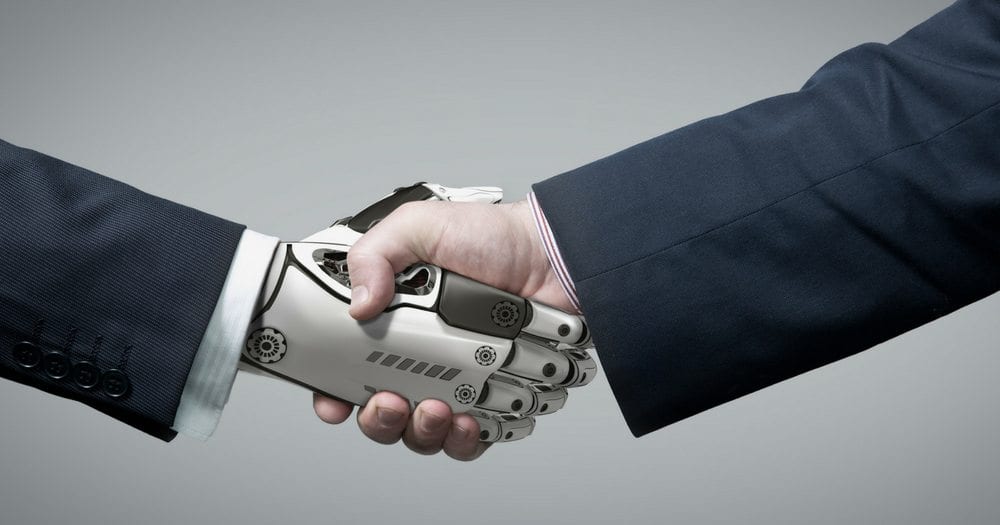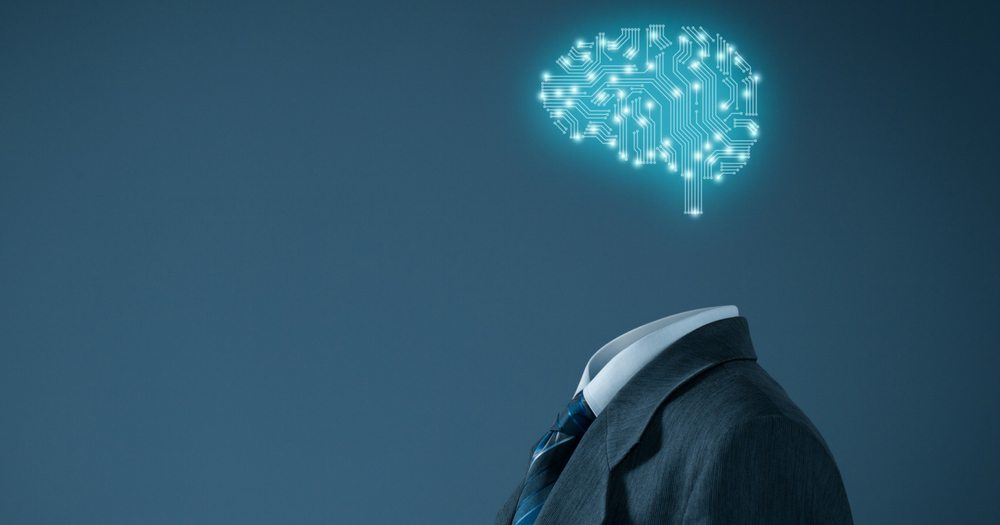
Problems and Solutions: AI and Human Error
It’s unquestionable that one reason for artificial intelligence to exist is to avoid direct human intervention, so human error is eliminated. And understandably so! Recently, human error was named the number one reason for manufacturing and production losses in a study performed by Vanson Bourne, an independent and specialist market research provider for the global technology sector, https://www.engineering.com/AdvancedManufacturing/ArticleID/15974/Human-Error-is-Worse-in-Manufacturing-Compared-to-Other-Sectors.aspx¸ Human error constitutes 23% of unplanned downtime and production losses. Now, is AI the solution to human error or is human error the problem with artificial intelligence? Is the human behind the AI curtain a new protagonist in this human error reduction story? Where do we stop?

As a human reliability expert for close to 20 years, I have been studying the underlying reasons for humans to make mistakes and yes, AI can help. But does it really take care of the most critical human factors? Let’s look:
- Procedure-related errors: These types of errors are associated with poorly written procedures, incomplete instructions, and the worker’s decision not to follow them. On the other hand, when unexpected situations arise, most of the solutions for emergency intervention are not listed as part of these set of instructions. To select the best course of action, multiple variables need to be detected and analyzed. AI can certainly help in this area, but our experience tells us that most failures are a result of new circumstances not predicted by technical professionals but that require the capacity of analysis of infinite possibilities. You will need a human to respond.
- Cognitive overload: Stress, fatigue, illness… all have a negative impact on our attention, memory, and decision-making process. This factor can indeed be eliminated with AI, and oh boy, do we thank you for that!
- System design: Are systems and software smarter than the human? Well, Nick Ismail in his article Why AI is set to fix the human error does not seem to agree with that premise “The only thing that could cause AI to misbehave is human error. By focusing on how AI could attack humanity, businesses are missing out on a more relevant issue – it’s not self-aware AI that’s a threat, rather, AI that isn’t smart enough.” Based on his research, coders spend more than 20% of their time performing tests. Those tests are intended to identify weaknesses in the system. Our experience with these exercises is not how rigorous they are more than what is it they are testing and of course the human who creates them. http://www.information-age.com/artificial-intelligence-set-fix-human-error-123466675/ He then gives this example: ”With technology becoming more complex, it’s now impossible for humans to keep software safe. As demonstrated by the Tesla autopilot car crash, human error is to blame more than “bad” AI. In this case, autopilot sensors failed to distinguish a white trailer against a bright sky, something we can now attribute to human error within the code.” Interesting, huh?
Daily life is plagued with human errors; it is estimated that we make mistakes every other minute. Some estimate that a person will make close to 800,000 decisions over a lifetime and that will come to regret 150,000. https://www.mirror.co.uk/news/uk-news/average-person-makes-773618-decisions-90742. Even though AI and technology address most of the process variability and improve some weakness, there is still one gap: the human, the very one that started it all! So, is AI the solution for human error or human error the new AI problem? You be the judge.



